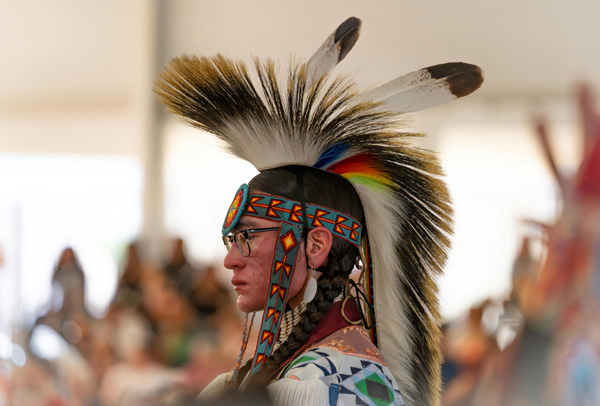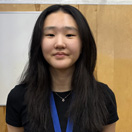The Powwow of 2025 in Greater Victoria portrayed the support of everyone towards the Indigenous Community

[Indigenous dancer. Photo Credit: Pexels]
Canada hosted a Powwow on September 30, 2025, commemorating the fifth National Day for Truth and Reconciliation and reaffirming its commitment to healing relationships between Indigenous and non-Indigenous communities.
The Powwow held in Greater Victoria drew a large crowd that came to honor Indigenous heritage and to learn about the lasting effects of the past that continue to shape lives today.
This event was a significant chapter in the ongoing process of reconciliation, acknowledging the tragedies of residential schools that began as early as 1831.
These schools separated children from their families, stripped them of their languages and traditions, and left deep intergenerational trauma that continues today.
Powwows are gatherings for both Indigenous and non-Indigenous people to serve as a celebration of culture and tradition and to rebuild the bonds that were once broken.
Songs passed down through generations were performed, adding to the importance of spreading traditions.
Audience members listened in respectful silence, asking thoughtful questions at appropriate times.
As a way to collectively show support and recognition, many participants wore orange shirts, a symbol of the loss of culture, identity, and childhood experienced by thousands of Indigenous children in residential schools.
The ceremony also reminded attendees that the pain extended past the children themselves.
Children were beaten, neglected and forced to suppress their cultures and languages.
Parents were forced to live in fear, uncertain if their children would ever return home.
For many families, the Powwow provided a sense of recognition to the individuals and families that were affected and still are to this day.
Throughout the event, emotions ran high as survivors and their families recalled the horrors of assimilation.
Families reunited and younger generations of both Indigenous and non-Indigenous people were given the chance to learn about the injustices of the past.
During the ceremony, the emcee reminisced about his personal experiences with residential schools and how he was affected throughout his life.
His grandparents were forced into the system and, as a result, could not play active roles in their children’s or grandchildren’s lives.
He vowed that with his future children and the generations to come, he “will leave the youth something [his] grandparents couldn’t leave [him]”.
This was a message that resonated powerfully with the audience.
His words captured the heart of the event’s message: regardless of ethnicity or skin colour, “every child matters.”
The Powwow reminded everyone that the ability to enjoy life is not given to all, and should not be taken lightly.
This experience was an opportunity for everyone to express gratitude for what they had and the people who surrounded them.
Powwows and similar events and ceremonies now symbolize living testimonies of resilience and unity, and the collective fight against cultural assimilation.
They invite non-Indigenous people to participate and acknowledge historical injustices while supporting Indigenous communities.
The event also encouraged attendees to support Indigenous businesses and artists, expanding awareness and building new connections between communities.
This shared journey of healing and cultural appreciation continues to grow through education, participation, and mutual respect.
By listening to Indigenous voices and recognizing the weight of history, Canadians take one more step toward true reconciliation.

- Juhee Park / Grade 12 Session 4
- Reynolds Secondary school

![THE HERALD STUDENT REPORTERS [US]](/assets/images/logo_student_us.png)
![THE HERALD STUDENT REPORTERS [Canada]](/assets/images/logo_student_ca.png)
